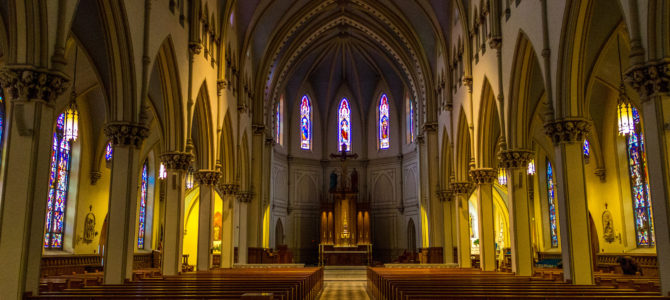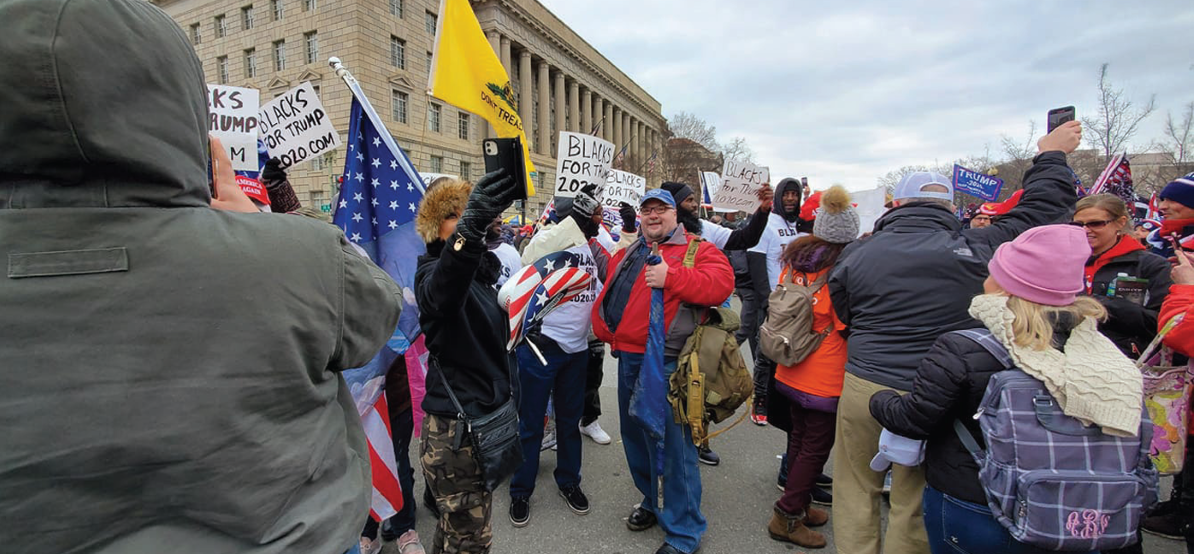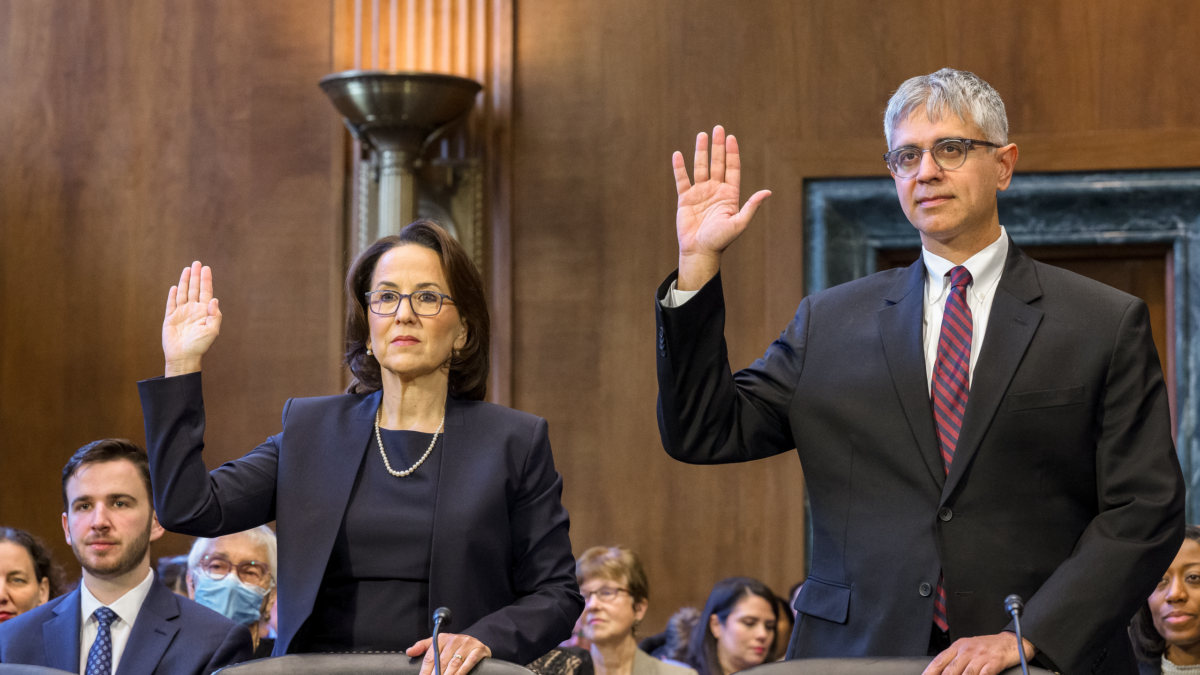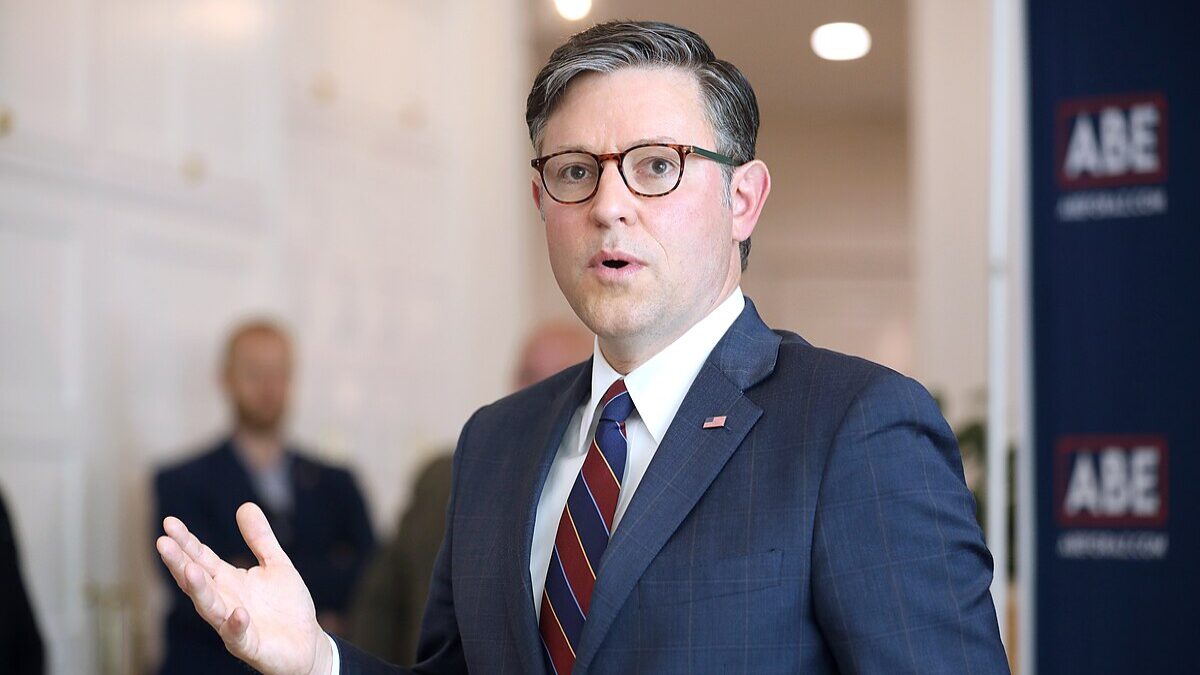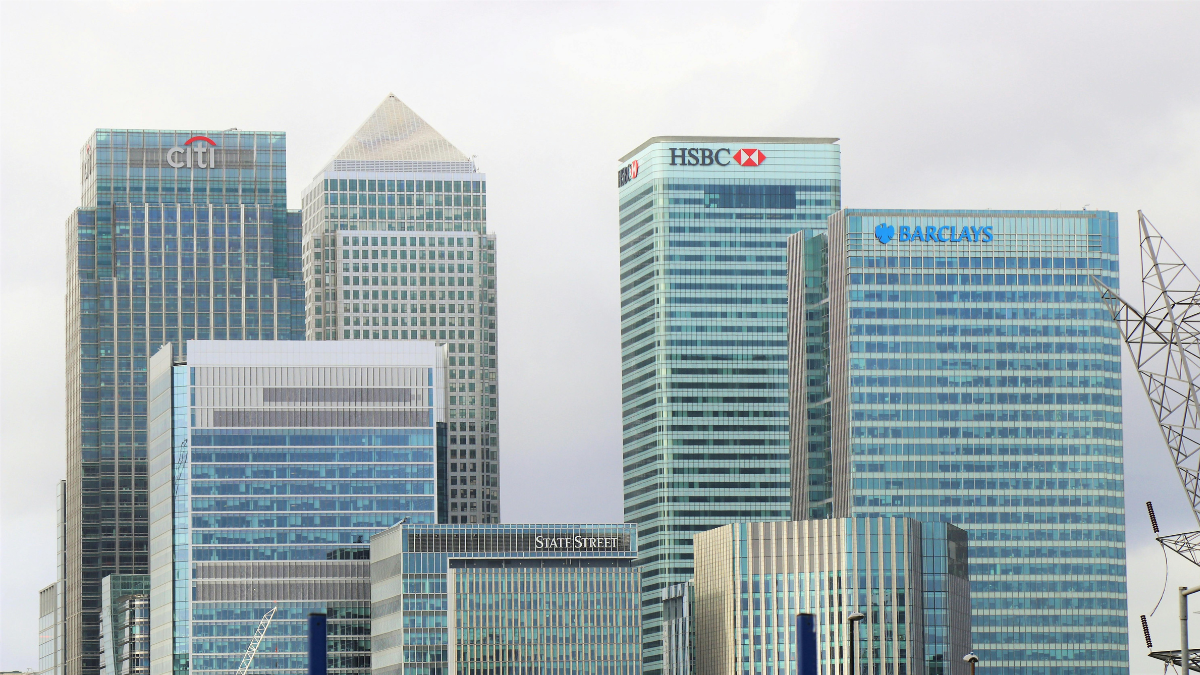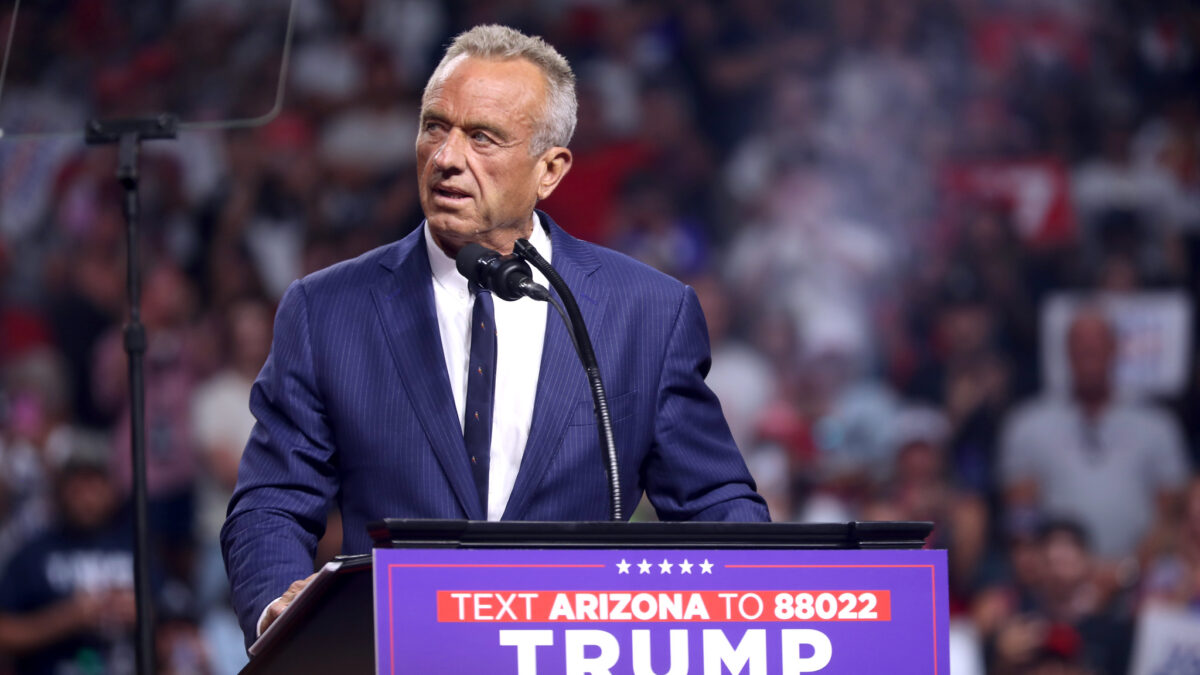A federal district court judge ruled Thursday caps on religious services in Washington D.C. were unconstitutional going into the Easter holiday.
Judge Trevor N. McFadden, appointed under former President Donald Trump in 2017, concluded the district’s guidelines set the nation’s capital apart from the 37 states with no attendance caps on church gatherings.
D.C.’s restrictions unfairly singled out worship services and mandated arbitrary numerical attendance caps regardless of building capacity. All other states have loosened their restrictions on in-person worship but it seems that D.C. never got the memo. https://t.co/U8BzaTGujZ pic.twitter.com/Krfvfa12OM
— BECKET (@BECKETlaw) March 26, 2021
The ruling comes just in time for Easter Sunday on April 4, one year after the holiday was interrupted by state and local officials who implemented guidelines to ban large congregations. Restrictions targeting religious services quickly became a theme of the coronavirus pandemic lockdowns.
In Louisville, Democratic Mayor Greg Fischer sought criminal penalties for those who even attended a drive-in Easter service before a federal judge in Kentucky blocked the mayor’s power grab. In Greenville, Mississippi, residents who attended church gatherings were slapped with $500 fines in a case that provoked the Trump Department of Justice to take action.
New Jersey Democratic Gov. Phil Murphy, who leads the state with the highest COVID-fatality rate in the country after signing an executive order which jammed infected patients into nursing homes over objections from health officials, admitted in April he dismissed First Amendment protections when he banned religious gatherings.
“Fifteen congregants at a synagogue in New Jersey were arrested and charged for being in a synagogue together,” Fox News’ Tucker Carlson pressed the governor last year. “The Bill of Rights as you well know protects Americans’ right, enshrines their right to practice their religion as they see fit and to congregate together to assemble peacefully. By what authority did you nullify the Bill of Rights in issuing this order?”
“That’s above my pay grade Tucker,” Murphy responded. “I wasn’t thinking of the Bill of Rights when we did this … People have to stay away from each other.”
This year’s case in D.C. was brought by the Archdiocese which demanded in December Democratic Mayor Muriel Bowser back down from limits on church gatherings after the Supreme Court ruled in November such restrictions were unconstitutional. Bowser lifted the cap from 50 to 250 before Christmas in response. The new limits, however, still left churches under capacity and prompted McFadden’s ruling.
